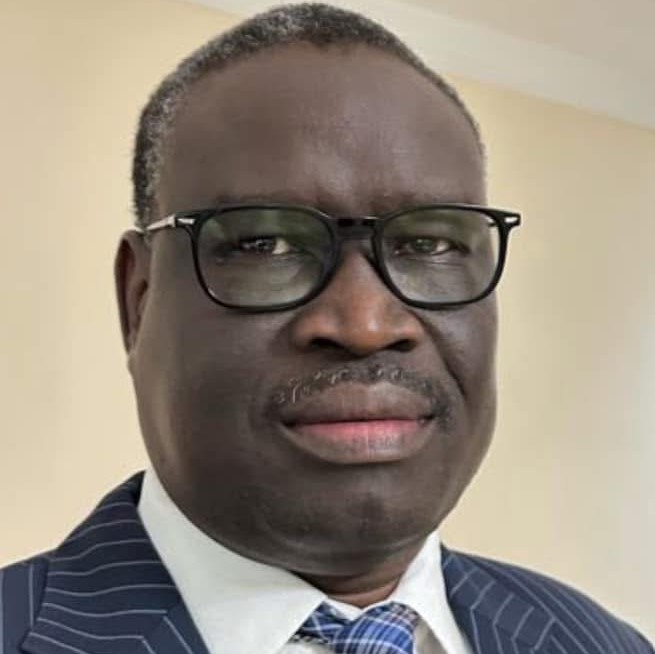A critical look at the Bank of South Sudan’s policy, public realities, and what it will take to turn digital finance into a tool for national inclusion.
The Bank of South Sudan’s decision to legalize mobile money marks a bold move toward modernizing the country’s economy. But as recent research and ground realities show, legal recognition alone is not enough. Mobile money will not succeed because it is declared legal—it will only succeed if people can trust it, access it, and use it meaningfully in daily life.
Mobile money is not simply a financial service. It is a complex system that depends on mobile networks, ID systems, digital infrastructure, consumer protection, and public understanding. South Sudan lacks these critical foundations. In many areas, there is no network coverage, electricity, or financial literacy—making the policy unenforceable for much of the population. Without access, legality becomes punishment rather than empowerment.
In 2019, the World Bank and Altai Consulting conducted a comprehensive nationwide study on the mobile money ecosystem. The study found strong demand, especially among displaced and low-income groups. Yet adoption remains low due to barriers like poor infrastructure, limited trust, weak regulation, and lack of agents. The research also revealed that informal systems—like airtime sharing—are already filling some of the gaps mobile money could address.
Mobile money has high potential to reduce corruption, digitize humanitarian aid, support small traders, and offer a financial safety net for the vulnerable. But for this to happen, the Bank of South Sudan must go beyond policy declarations and lead a systemic national strategy.
This means:
• Expanding rural telecom infrastructure and connectivity.
• Establishing licensed, trained agent networks across counties.
• Launching financial education campaigns in local languages.
• Adjusting ID and KYC rules to include undocumented populations.
• Ensuring government salaries, taxes, and services can be paid through mobile platforms.
• Enforcing consumer protection, antifraud, and interoperability rules through a dedicated digital finance unit.
Importantly, the state must lead by example and integrate mobile money into public finance systems. Humanitarian agencies should be encouraged to digitize aid through local mobile platforms. And telecom monopolies must be avoided to ensure fair access across regions.
The challenge is not whether mobile money can work—it already does in places like Juba. The challenge is whether it can be trusted and accessed by all South Sudanese. The potential is there. The research is clear. But the path forward requires political will, institutional coordination, and community-centered implementation.
Mobile money could become a nation-building tool—connecting citizens to the economy and the state. But this will only happen if trust is built, infrastructure is invested in, and the system is designed around people—not policy alone.
Source:
Altai Consulting for the World Bank (2019).
Mobile Money Ecosystem Survey in South Sudan: Exploring Current and Future Potential of Using Mobile Money for Effective Humanitarian and Development Cash Programming. May 2019.
The writer, Samuel Peter Oyay, is a South Sudanese political activist, strategist, and commentator with over two decades of experience in governance and management. He can be reached via samualjago@yahoo.com
The views expressed in ‘opinion’ articles published by Radio Tamazuj are solely those of the writer. The veracity of any claims made is the responsibility of the author, not Radio Tamazuj.




